
There are many reasons why films of merit might wind up being overlooked in a great filmmaker’s back catalogue: the success of previous films might end up over shadowing the release of subsequent ones; distribution struggles may prevent larger audiences from discovering and connecting with a work; and some films just don’t lock with the wider cultural landscape of the time, and while-away undiscovered, left for future generations to dig out and champion.
Some of us look to our cinematic past to find hidden gems we perhaps undervalued upon time of release, films we missed or had never known existed; whilst those of us born too late use lists and internet forums to trace the lines of cinema towards its roots, finding hidden treasures, and films deserving of re-evaluation as we do.
With that in mind, here is a by no means exceptional list of awesome movies by great directors you’ve probably never seen. If you’ve seen some / all of them, I can only apologize. I don’t spend enough time with other people to know what is in the common knowledge.
I hope there’s something in here for most of you.
1. Hamlet Goes Business – Aki Kaurismaki
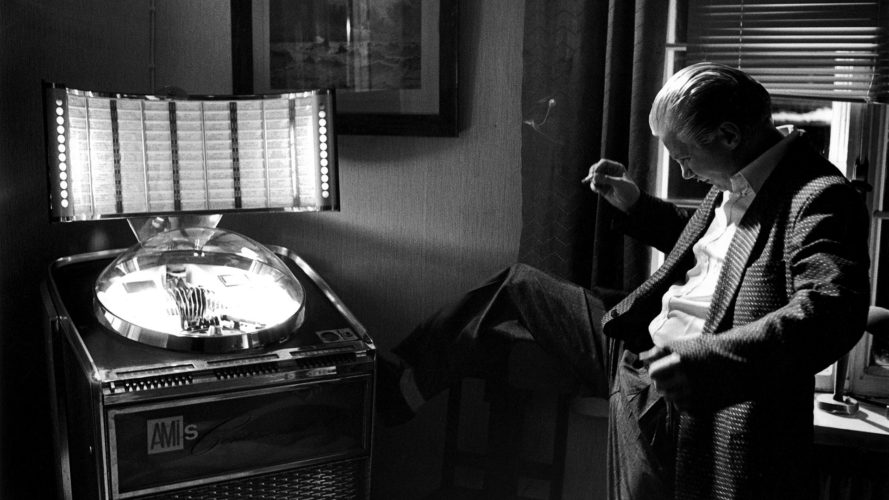
A film perfectly encapsulated by the pun in its title, this 1987 black comedy by finnish quasi-moralist Aki Kaurismaki takes the Shakespearean tragedy and forges out of it a kind of deadpan lampoon, full of dreary capitalistic bores enmeshed in Scandinavian melodrama, headed up by an uber-moronic and comically self-satisfying Hamlet (played with absolute relish by actor and now Finnish member of parliament Pirkka-Pekka Petelius).
The Bard wrenched and plunked into modern day Finland, the film follows Hamlet’s attempt to succeed in the rubber duck business following his father’s untimely death, gliding about navigating cut-throat business partners, his scheming mother, the boorish board, and contemptible proles who labour under the chimera of just wanting to be happy.
Shot in rich black and white, and reminiscent of Bergman and the American noirs of the forties, Kaurismaski’s characters go about their scheming machinations in deadly earnest, curled upper lip, smug-dumb as an emoji; but much like the filmmaker himself, however seriously it’s all presented, you can’t help but feel it’s all just a massive anarcho piss-take.
Rubber ducks, cured ham, and nihilism: oh my!
2. The Marquise of O – Eric Rohmer
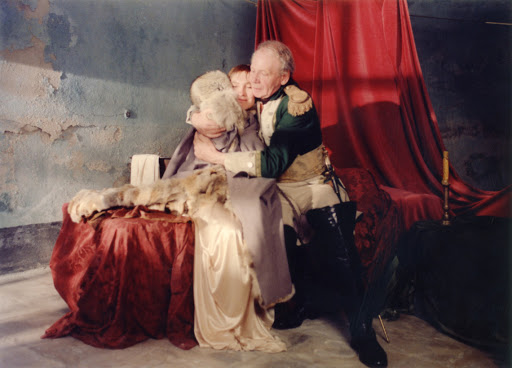
A complex comedy of manners, by Cahiers du Cinéma’s paterfamilias and master of the moral character study, Eric Rohmer, set at the turn of the nineteen century, based on the German novella of the same name, concerning the ‘forced seduction’ of a widowed daughter of a general charged with guarding a town citadel during the Napoleonic Wars. Rohmer takes his modern moral framework and drops it atop a period drama, and as usual, the humour comes from characters actions belaying their moral ramblings.
Starring Wim Wenders favourite Bruno Gantz as the ‘heroic’ Count F, and armed to the hilt with joyous characters full of love and depth, trying their best to reason through life’s strange peculiarities and vicissitudes, you find yourself utterly absorbed and full of warmth and joy the way the morally dubious (and worryingly popular) force seduction theme is dealt with.
Complex moral content aside, the cast are great, the film looks gorgeous, and if you’ve only ever dipped your toe in the waters of Rohmer, I suggest hiking your britches, pinching your nose and catapulting off the dock, as his films possess a richness of character only usually found in good literature.
3. Images – Robert Altman
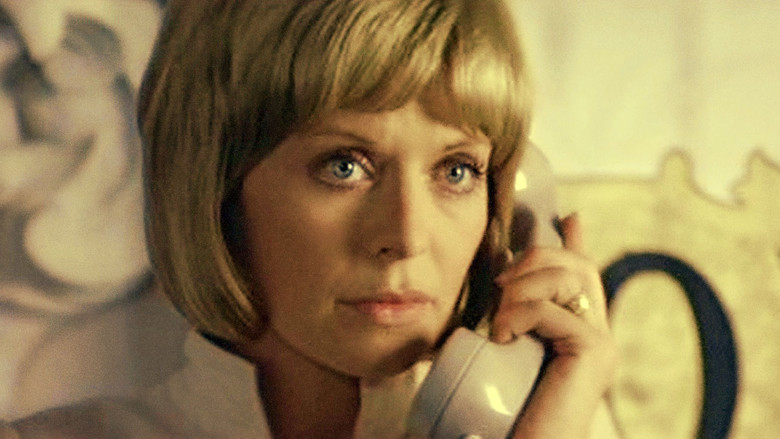
God bless New Hollywood! The upheaval of a bloated and moribund studio system in the late 60s giving way to the independent productions that saw huge commercial successes, allowed certain filmmakers of the time carte blanche to run about making anything of their fancy (to varying degrees of success).
No one was more successful in this regard than Robert Altman, who seemed more often than not to have done exactly what he wanted, whilst having a number of huge successes, as well as coming out of the era having actually added to the form itself.
Images (1972) feels like a precursor to 77’s 3 Women, whilst both films seem heavily influenced by Bergman’s Persona: they are films heavily involved with the internal state of the filmmakers themselves; the characters within almost figments of the filmmakers own internal workings. It is of interest to note that all three films have for the leads casts of woman.
The film was co-scripted by its star Susannah York, who plays a children’s author whose sanity comes into question after she receives a disturbing phone call and journeys to her isolated country home in Ireland. The home itself perfectly designed to optimise Altman’s trademark zooms, and with a score by a burgeoning John Williams, the film tingles with skitso dread.
4. Stroszek – Werner Herzog
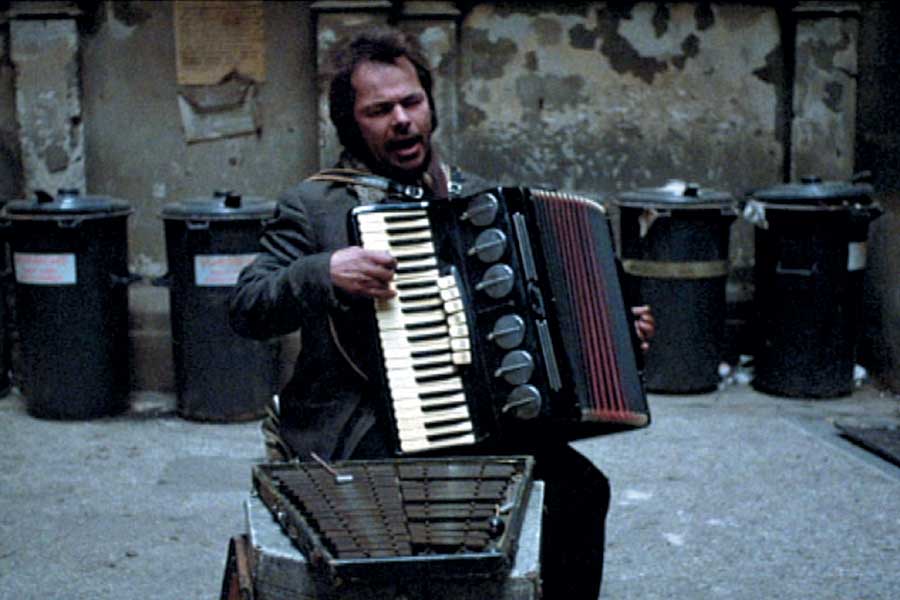
Herzog came upon the East German street performer Bruno Schleinstein whilst casting for 1974’s The Enigma of Kaspar Hauser: a celebrated Nineteen century foundling who’d purportedly spent the first seventeen years of his life in self isolation. The filmmaker was so taken with Scheleinstein’s performance (as well as feeling guilt for offering Klaus Kinski a role that was promised to Scheleinstein) that he wrote Strosezek as a sort of benevolence recompense – taking as plot points parts of the actual Bruno’s biography.
Strosezek follows recently released street performer and sot Bruno Strosezek as he navigates post-incarceration, befriending a downtrodden prostitute and journeying to America. The film plays out as an existential road movie, with Bruno braving the harsh Berlin winter, migrating to Wisconsin and setting into a period of capitalistic idyll, before being subjected to a ‘spiritual kicking’ and heading off out again into an endless nowhere.
With a script written in four days, it has a looseness and spontaneity that coupled with Herzog’s deftness for guerilla filmmaking feels kinetic and vital. It’s dark, and sad, whilst also being extremely funny – and Herzog delights in using Schleinstein’s unique delivery and physical performance to bring about pathos and humour in equal measure.
5. Pocketful of Miracles – Frank Capra
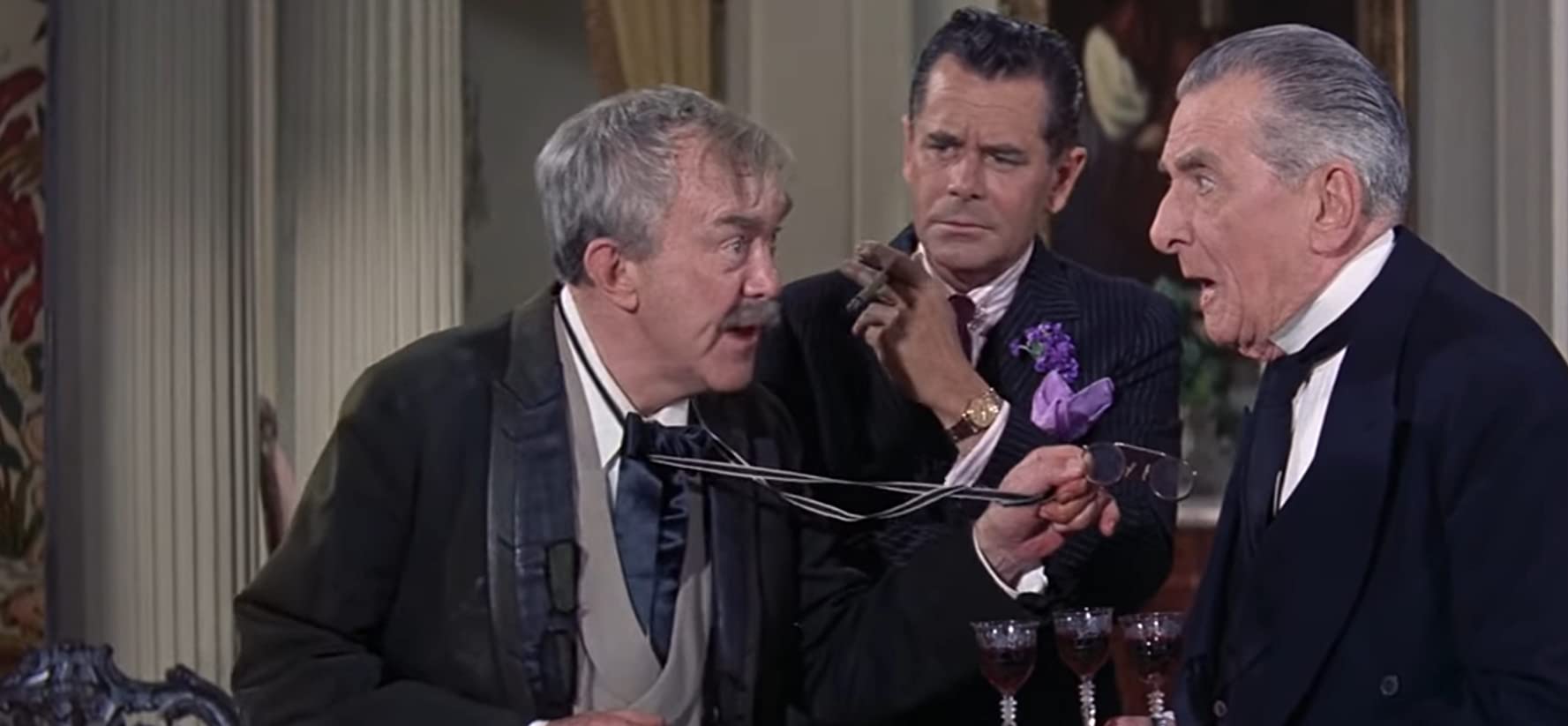
Aficionado of grin-and-bare it individualism and professed ‘lefty’ of the American studio system, Frank Capra holds a number of top spots in best of lists across the cinematic spectrum, with staunch classics like It’s a Wonderful Life and Mr Smith Goes to Washington. But smash hits aside, he’s also held in high regard, as an auteur of vision, as well as being respected and being a fiercely independent director working within the Hollywood studio system of the fifties.
With a penchant for heavy improvisation (often going into scenes without dialogue, just knowing were he needed to get to and what feeling his actors should have / what the audience was to take away from the scene; shooting a master, then picking up from there) although his films don’t always hold together, and often boarder on the mawkish, they’re more often than not full of warmth, colourful characters, sumptuous, and are grandiose in sentiment.
The 1961 Technicolor comedy Pocketful of Miracles stars Bettie Davis as a sort of female Fagin, presiding over a group of eclectic beggars in 1930s New York. After duping Glenn Ford into believing the apple she is flogging possesses some superstitional powers (stay with me), the film blooms into a kinetic, light-hearted romp, featuring a colourful array of characters, including a stand out performance by Columbo (and Cassavates collaborator) Peter Falk, who plays a gangster charged with helping Bettie Davises Annie dope her estranged daughter into thinking she is a woman of means.
Catch it in the right mood – if you’ve done to death Christmas viewings of It’s a Wonderful Life, then Pocketful of Miracles might do well to see you through the season. It’s also a pretty good Sunday film to watch, cotching with a duvet.